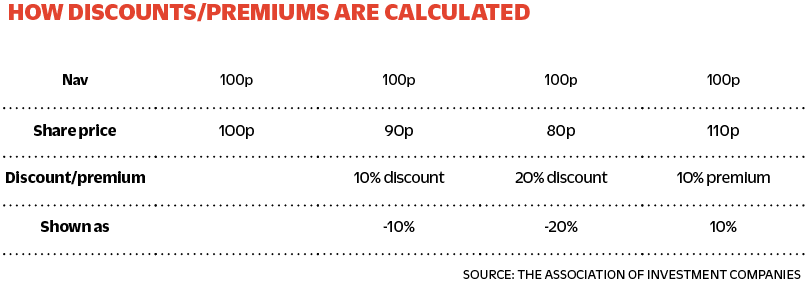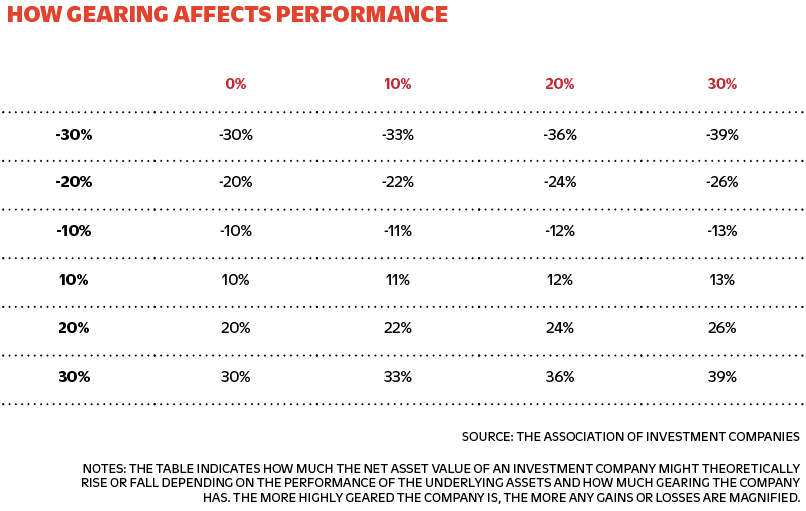 With many advisers citing a shortage of knowledge as a reason not to use investment trusts, here is a quick back-to-basics guide to some of the key terms
With many advisers citing a shortage of knowledge as a reason not to use investment trusts, here is a quick back-to-basics guide to some of the key terms
Investment trust adviser purchases are on the rise. In fact, 2017 saw adviser purchases of investment companies reach £900m, growing to £985m in 2018. The Association of Investment Companies, the investment trust trade body, says there has been continued demand for the vehicles, as well as new launches, including the smaller global companies trust from Terry Smith’s Smithson Investment Trust – which raised a record £822m in its initial public offering.
Transact accounted for 45 per cent of purchases of trusts in 2018, with Ascentric (19 per cent) and Alliance Trust Savings (17 per cent) trailing behind.
However, despite the recent improvement in sales, a barrier to entry remains.
It was hoped that post-RDR, investment would be a more level playing field and the use of investment trusts would increase.
Yet there are many advisers who still hesitate when choosing trusts, and research has shown this is mainly due to a shortage of knowledge.
According to a survey published in 2018 by Cicero, 57 per cent of advisers are discouraged from recommending investment companies because of a lack of knowledge, and 26 per cent because of perceived complexity.
Investment in general is full of jargon. But investment companies can sometimes represent a whole new language. Here, we take a quick look at the basics of investment trusts and how advisers can understand what some of the jargon terms mean.
Closed-ended
Investment trusts are often referred to as being closed-ended vehicles, meaning they have a fixed number of shares in issue at any given time.
They are traded on the stockmarket, but assets in and out do not affect the portfolio because they are limited.
If an investor wants to sell out, they cannot always do so immediately; instead needing the shares to be bought.
Liquidity
A trust is liquid if it is able to sell shares at short notice. Many advisers fear investment trusts are illiquid and take too long to sell in a turbulent market.
This can be the case with more complicated asset classes, such as property, but is not always the case with equities.
Offer period
This is the time between a newly established trust announcing its intention to launch and an IPO to raise funds being available for subscription.
Usually, trusts have a target number of shares, but sometimes this is expanded.
For example, Smithson initially sought to raise up to £250m in ordinary shares, but ended up successfully raising £822.5m, making it the biggest UK investment company launch on record.

Share buy-back
A share buy-back is simply when a company buys back its own shares in order to reduce the number in existence.
The shares can be used to return money to shareholders but are often used to tackle the company’s discount.
Discount/premium
A discount is the amount – as a percentage – by which the share price is less than the net asset value per share, while a premium is when the share price is more than the Nav per share.
Nav
The Nav is a measure of the underlying value of an investment company.
The AIC states: “The Nav is the value of the investment company’s assets, less any liabilities it has. The Nav per share is the Nav divided by the number of shares in issue.”
Gearing
The ways in which investment companies can magnify income and capital returns, as well as losses, are referred to as gearing.
It essentially means borrowing money to buy more assets in the hope the company can make enough profit to pay back any debt and interest.
Gearing can also increase losses; the more a trust gears, the higher the risk. Ways to borrow are flexible; some trusts get an ordinary bank loan, while others issue different classes of share depending on the style of trust.















Comments